All information is from Malaysia, Singapore & Brunei Banknote & Coins book by K.N. Boon
Originally Oriental Bank was a co-partnership exchange bank called the Bank of Western India, which was founded in 1842 in Bombay, to conduct banking business by the terms of its charter from the East India Company. In 1845 the bank opened its Hong Kong branch and changed the name to Oriental Bank Corporation in 1851. The bank first issued local banknotes in 1846, payable in dollars at the Hong Kong branch. The banknotes were denominated from 5 dollars to 1000 dollars. In 1874, the Hong Kong & Shanghai Bank submitted a proposal to the Governor for a new Hong Kong Dollar. Oriental Bank then put forward the suggestion of Japanese Yen and American Dollar to be made as legal tenders, and be given equal status to the Mexican coin. The intention was to avoid reliance on Mexican Dollars by creating alternative sources for Hong Kong standard coins supply. Both the proposal was rejected by the Treasury of Colonial Office in London. The banknote's note was suspended in 1884 when it went into liquidation, following the failure of one of its major business customers in India. The bank was reconstructed and reopened the same year under the name of New Oriental Bank Corporation.
The bank opened its branch in Singapore in 1846. It was known as The Oriental Bank Corporation. The bank had a glorious moment. During the financial crisis in 1866, most of the foreign banks in Singapore were hard hit. After the crash of some of the banks in Singapore, local traders started to play safe and transacted their business with the prestigious bank corporation at that time, the Oriental Bank. It had the largest opium importers as a customer. However in 1872, when the largest opium firm in Singapore collapsed, the Bank suffered a big deficit. In 1880, the bank lost its reputation to Charted Bank of India, Australia, and China. Oriental Bank however failed and was shut down in 1892.
The banknote that was intended to be issue for Singapore never came out . All that left are the specimen banknote.
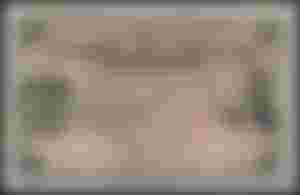
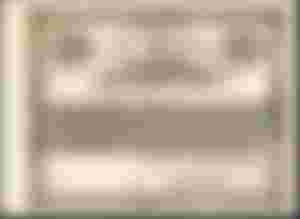
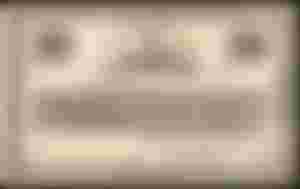

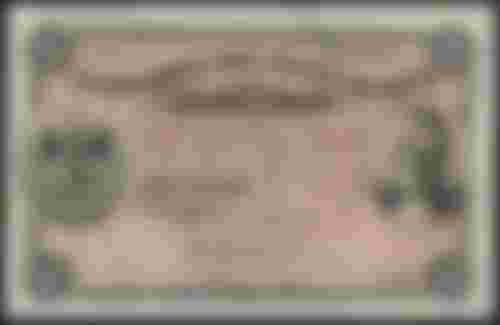
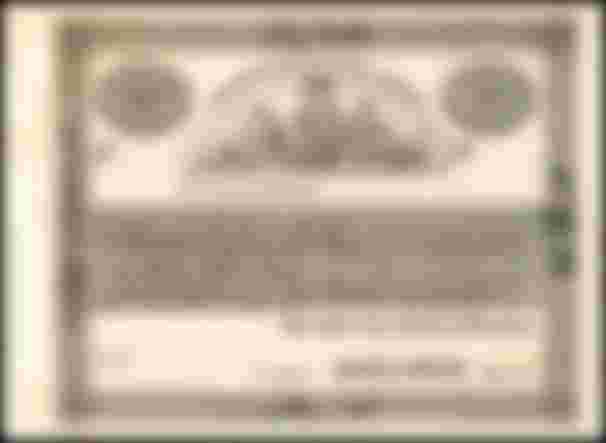
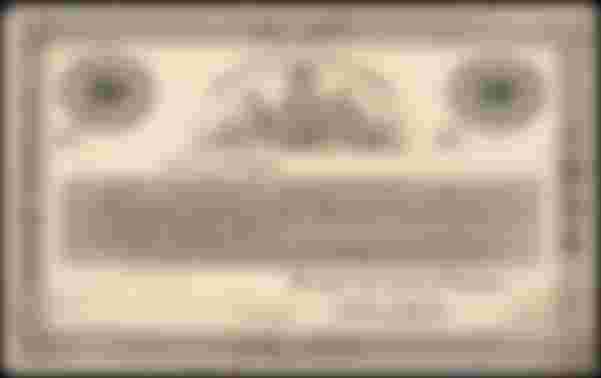
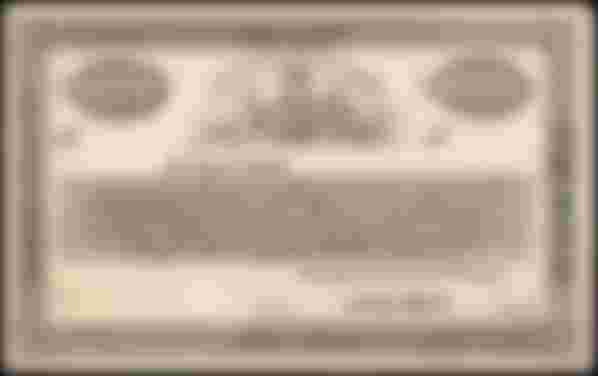
Another little gem of an article and nice images of the notes to compliment it. Thank you.